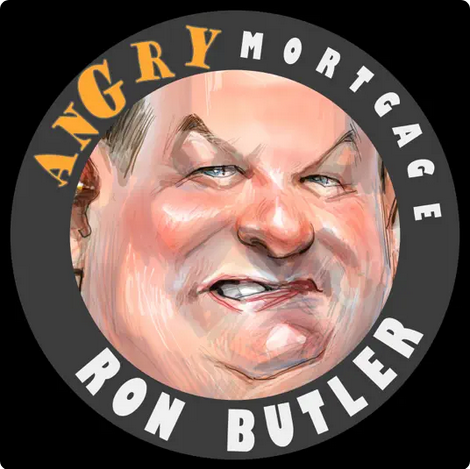Cartoons are, for better or worse, one of the first teachers of moral wisdom for many children. They certainly were in my case. I recall watching “Police Academy” as a child, amongst others. Every episode had a similar theme: Criminals concocted a hare-brained scheme, committed some crime, got arrested by the police, and were then scolded with the refrain: “Crime doesn’t pay.”
If only that statement was accurate in modern-day Canada.
The unfortunate reality is that crime1 does pay. That is why there is so much of it about, hiding in plain sight, committed by those who represent themselves as legitimate businessmen even though their actions would make cartoonishly evil villains from Police Academy shudder.
In this special edition of the Angry Mortgage Podcast, Ron Butler and I discuss scams that routinely target elderly homeowners in Ontario, why the scams work, and the people and corporations behind them.
There are many concrete actions that can be taken to mitigate the damage that scams cause to Canadians, and also to undermine the foundations of the scams so completely that they collapse altogether. We discuss one of those solutions: Better enforcement of consumer protection legislation. Another solution that I would propose is to change our Land Titles system such that only lawyers can register Notices of Security Interest (NOSIs) — without which these scams would not work — and also impose strict requirements on lawyers who do register such NOSIs to verify that they are not being registered by those who have broken the law in order to install chattels in someone’s home.
It was an honour to appear on the Angry Mortgage Podcast and help to raise awareness of these serious issues, especially opposite a titan of the mortgage industry such as Ron Butler. Enjoy.
- ^ “Crime” in this context does not necessarily refer to a violation of the Criminal Code, but rather a Provincial Offence under the Consumer Protection Act and the Provincial Offences Act. The result of a conviction under those statutes can nevertheless be, and often should be, jail time.

No responses yet